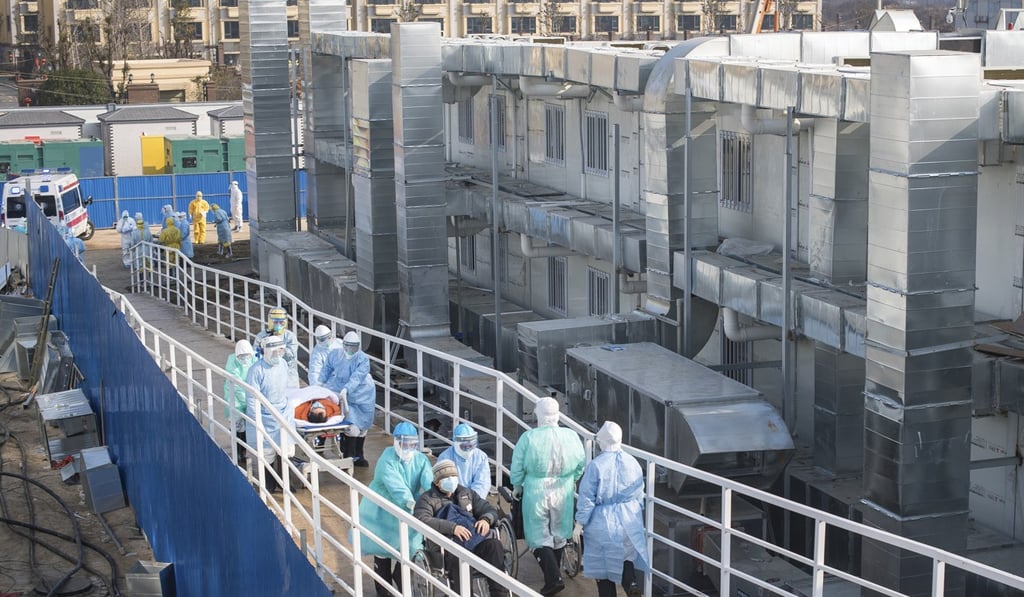On Reflection | Coronavirus: why hygiene fears strike at the heart of modern China
- China’s hygiene fixation is rooted in trying to combat Western and Japanese colonialists. Even wartime bombs wouldn’t stop the struggle against sewage
- Decades on, the coronavirus is exposing a problem with China’s modernising: a lack of transparency that is becoming increasingly unhealthy

Around the world, people feel deep empathy for an unexpected calamity that has hit China, but could have appeared first in many places around the globe, and may yet spread further.
One startling image from the crisis was the building of a brand-new hospital in Wuhan in the space of a week. Yet in one sense, that rapid response is not new, as disease control and modernity have always gone together in China. In 2004 the American historian Ruth Rogaski published Hygienic Modernity, regarded by China history specialists as one of the most important books published in that field. It argues that ideas of “hygiene”, and appearing to be clean and sanitary in ways that might impress the Western and Japanese colonialists who had so much power in early 20th century China, were crucial to the formation of modern Chinese nationalism. If China was able to show that its standards of public hygiene were second to none, Chinese reformers argued, then Westerners would have to accept China as an equal in the family of nations.

The fixation with hygiene remained even during some of China’s darkest days. In the Second World War years, China fought back against a terrifying Japanese invasion which could have seen the country conquered and colonised for decades. Yet the archives of the temporary wartime capital at Chongqing show that even at the time when air raids threatened to bomb the city into rubble, sanitation teams were sent out to the counties of Sichuan province, armed with buckets of disinfectant and the authority to close down noisome lavatories. “Cleaning toilets for national purposes” was one phrase used at the time. It might sound vaguely humorous, but in fact the intent was deadly serious. For there was a widespread feeling among China’s elite that even if the country resisted the invasion, it would all be to little good if China’s population was weak or diseased. Eliminating disease was just as much part of the war effort as recruiting soldiers or building an arsenal.
Of course, China is a very long way from being in a war today. Yet the idea that to seem modern, China must show that it is in control of an epidemic, draws on ideas of waging battle, and the deeply disturbing scenes of deserted streets and shops in China today recall cities where some terrible wartime disaster had occurred. Two sets of images have emerged in discussions around the crisis, one with ugly implications that should be rejected, and the other where there is real room for China to think about what happens after the virus is tamed. The ugly element is a rise in racist language and images which is being reported in a whole range of countries, in the West and beyond. Media in Britain has reported shameful incidents of British Chinese being insulted with comments about the coronavirus. Just as wrongly, but more insidiously, owners of Chinese businesses including restaurants are reporting a severe downturn in bookings. There is no reason whatsoever why eating Chinese food should bring any vulnerability to illness (a proposition I shall demonstrate myself at an excellent local Malaysian-Chinese eatery, thereby combining gastronomy and solidarity). Yet the reaction of a small number of ignorant people is fuelling ridiculous fears. The great influenza epidemic of a century ago killed nearly a quarter of a million mostly white people in Britain; there is no ethnic connection to the spread of the virus.
